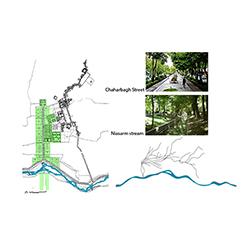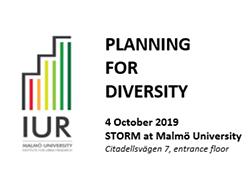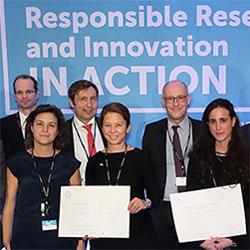
Transboundary Research Collaborations for Poverty
Alleviation:
An evaluation against 11 principles of transboundary research
It is widely acknowledged that transboundary research partnerships and collaborations are critical in supporting evidence-based actions to address global issues, such as sustainable development. The trend of North-South collaborations, although present from the middle of the last century, has been recently acknowledged as the way in which academics, practitioners and researchers must address global issues, such as sustainability, poverty alleviation, migration and climate change.
Transboundary collaborations normally take the form of universities or research institutions from the North and South working together to study a particular set of issues through a variety of activities, including joint research, staff and student exchanges, networking, publishing and policy advocacy. Through these activities both research partners are able to pool their resources and share knowledge from a great diversity of localities, disciplines and knowledge-bases.
Funding impact on PhD students
The benefits, to both parties, within transboundary collaborations are plentiful. Increasing research capacity within the South allows practitioners and researchers to contribute to sustainable development and poverty alleviation in their own localities. Furthermore, it has been shown that funding PhD students within their own countries reduces the likelihood of them moving aboard to seek employment, thus the impact of brain-drain from developing countries is reduced. Transboundary collaborations provide an opportunity for Northern researchers to conduct meaningful research within areas where experiences of, for example, climate change are more accurately experiences, and so develops a more comprehensive and grounded perspective of the research case.
The SKILLs project - a collaboration program
One such example of a transboundary collaboration is the Sweden-Kenya Interactive Learning Lab (SKILLs) is a collaboration programme between Gothenburg, Sweden, and Kisumu, Kenya, facilitated by Mistra Urban Futures. Starting as an exchange of PhD students between the two platforms in 2012, SKILLs has now developed into a collaboration programme which includes all activities described above with the overall aim of contributing to sustainable urban development in the two contexts.
Challenge for transboundary collaborations
A mass of theoretical literature exists about how transboundary collaborations should be organised, how academics and practitioners might behave in its facilitation and how could be better facilitate. However, there is a lack of empirics which detail how transboundary collaborations are organised, how academics and practioners do behave and how activities are facilitated. This has led to a challenge for such transboundary collaborations, most particularly when attempting to ensure the partnerships are non-hierarchical; built on mutual understanding and trust; and reflect the different values and priorities of the collaborators.
11 principles for transboundary research
The SKILLs programme will be evaluated against the Commission for Research Partnerships with Developing Countries’ (KFPE) 11 principles for transboundary research collaborations. KFPE’s 11 principles are fundamental to the process of transboundary research, which KFPE define as ‘a continual process of sound knowledge generation, building mutual trust, mutual learning and shared ownership.’ The 11 principles are: set agenda together; interact with stakeholders; clarify responsibilities; account to beneficiaries; promote mutual learning; enhance capacities; share data and networks; disseminate results; pool profits and merits; apply results and; secure outcomes. Within each of the 11 principles KFPE define an issue, outline main challenges and steps to application, by following this guide an evaluation of SKILLs will be conducted. An evaluation of this kind will add to the limited existing empirical knowledge about how the process of transboundary is enacted, and provide a point of consideration for the structural asymmetries, unspoken assumptions and operational constraints that can affect what is deemed successful within transboundary collaborations.
Photo by: Unsplash.com







